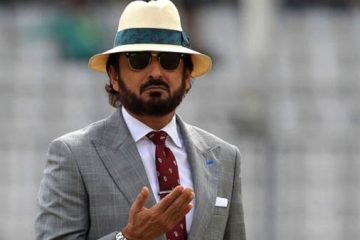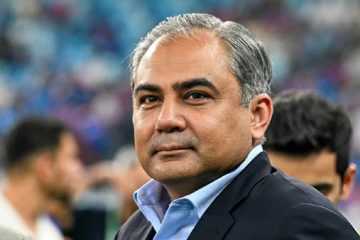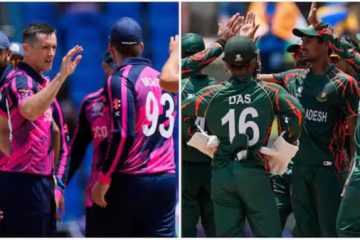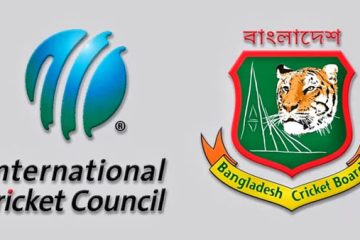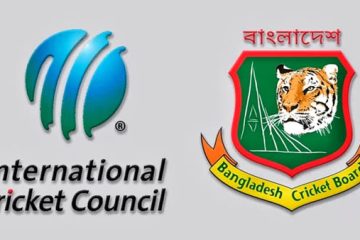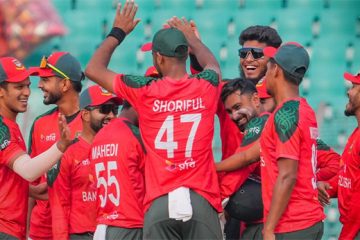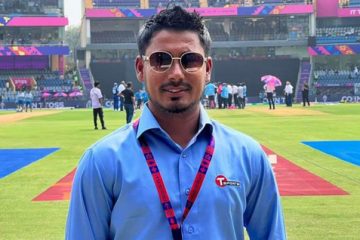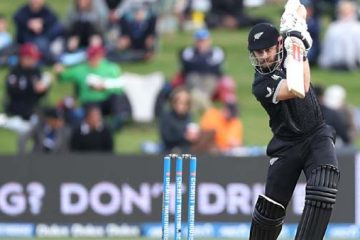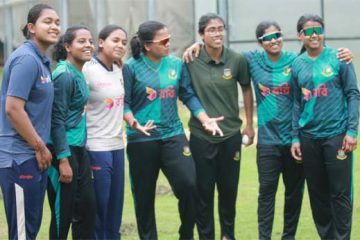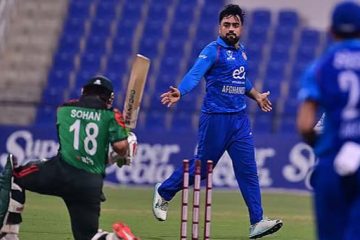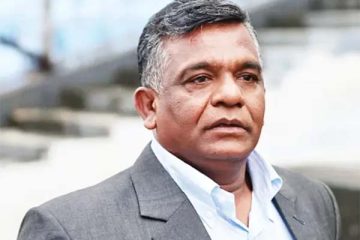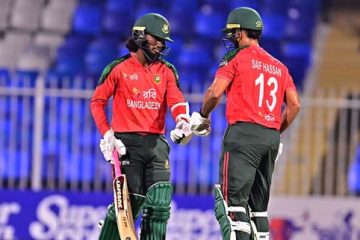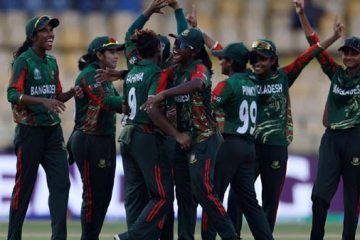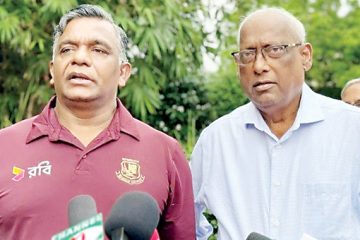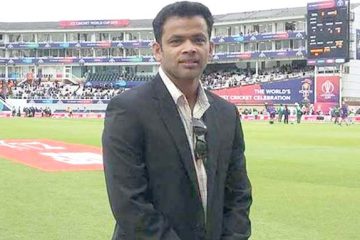The Bangladesh Cricket Board will not take any action against former national skipper Mohammad Ashraful or any other accused in the match-fixing allegation
unless it completes its own investigation, officials said on Tuesday.
The BCB will form a three-member anti-corruption tribunal keeping in line with its anti-corruption code of conduct for players and officials once it receives the report from the International Cricket Council’s Anti-Corruption and Security Unit.
ACSU is investigating two matches involving Dhaka Gladiators in the recent Bangladesh Premier League and quizzed Ashraful, captain of the franchise for the matches in question, several times.
Some media reports suggested Ashraful could be banned for years, but Nizamuddin Chowdhury, the acting chief executive officer of the BCB, told reporters that they will not rush to any decisions.
‘We will take action only after receiving the findings of our own investigation,’ Chowdhury told reporters in Miprur. ‘The ICC can give us some observations. But any punishment that we will impose has to be recommended by our tribunal,’ he said.
According to article 5.1.2 of BCB’s anti-corruption code for players, a retired justice of Supreme Court or a retired district judge shall sit as the convenor of the anti-corruption tribunal.
One member shall be drawn from the persons having expertise in cricket. The other member shall be a socially well recognised civilian. The appointed members shall be independent of the parties and shall have had no prior involvement with the case.
Chowdhury added that the tribunal can launch a fresh investigation if required to complete their findings against any person accused by ACSU in their investigation reports for participating in unfair act to alter the result of a match.
‘The tribunal will take several issues into consideration before making any decision regarding the accused,’ he said.
‘It would be necessary to find out on what circumstances the accused acted on that manner and that would determine the outcome of their decision,’ he said.
According to 2.1.1 of the guideline, fixing or contriving in any way or otherwise influencing improperly, or being a party to any effort to fix or contrive in any way or otherwise influence improperly, the result, progress, conduct or any other aspect of any match or event is considered as corruption.
According to the BCB’s anti-corruption laws, a player can receive a sanction ranging from two to five years. The tribunal shall have the discretion to impose a fine on the player up to a maximum of the value of any reward received by the player.
It was reported that Ashraful agreed to give up the matches upon the insistence of Dhaka Gladiators owner Salim Chowdhury, who promised the players an extra bulk of Tk 10 lakh. He also provided Ashraful a cheque which bounced back, according to friends and family sources of the player.
While ACSU only questioned Ashraful, a few other players and Gladiators coach Ian Pont, who according to a report published in the Daily Telegraph of the UK on Tuesday co-operated fully, Gladiators owner Salim remained untouched.
Salim’s suspected links with gamblers are now the talk of the country and many former cricketers insisted that he should be taken to task immediately to dig deep into the matter.
When asked whether there would be any sanctions imposed on franchise owner Salim, Nizamuddin Chowdhury said that the tribunal will interrogate everyone concerned if it deems it to be necessary.
‘Everyone related to such a wrong-doing can be taken to task if found guilty by the tribunal,’ he said.
-With New Age input

